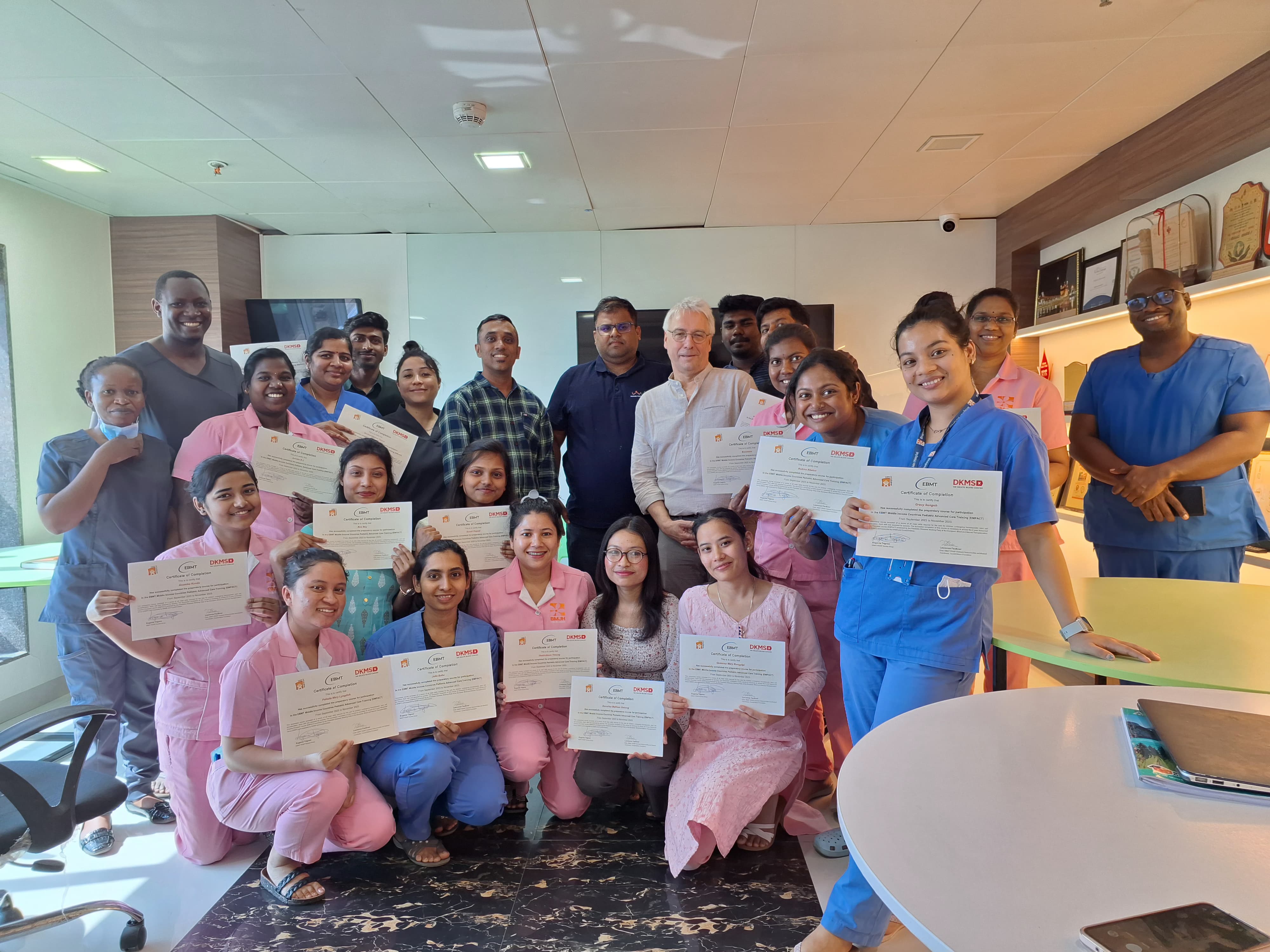Nurse training
Professional development projects are critical to retain nurse work force in emerging regions.
Nurse training in middle-income countries plays a crucial role in bolstering healthcare systems, addressing the increasing demand for skilled healthcare professionals, and improving access to quality care. These nations face unique challenges in providing comprehensive training programs due to resource constraints and varying healthcare infrastructures.
In response, innovative approaches tailored to local needs have emerged. Collaborative efforts between governments, academic institutions, and international organizations have led to the development of specialized training programs. These initiatives often focus on equipping nurses with essential clinical skills, advanced medical knowledge, and cultural competence to effectively serve diverse populations.
Furthermore, technology plays a significant role in nurse training in middle-income countries, enabling distance learning, virtual simulations, and telemedicine platforms. These tools help overcome geographical barriers and enhance access to education, particularly in remote or underserved areas.
Despite progress, ongoing challenges such as limited funding, shortage of qualified educators, and retention of trained professionals persist. Sustainable solutions require continued investment in education infrastructure, supportive policies, and partnerships to ensure the availability of competent nursing workforce capable of meeting the evolving healthcare needs of middle-income countries. By prioritizing nurse training, these nations can strengthen their healthcare systems and advance towards achieving universal health coverage and sustainable development goals.
Cure2Children, with the support of DKMS-Germany, has provided a preparatory course in pediatri stem cell transplantation for junior nurses, this course is propedeutic to eventually access the Advamced Practice Provider course (EBMT Middle-income country Pediatric Advanced Care Training or EMPACT).
